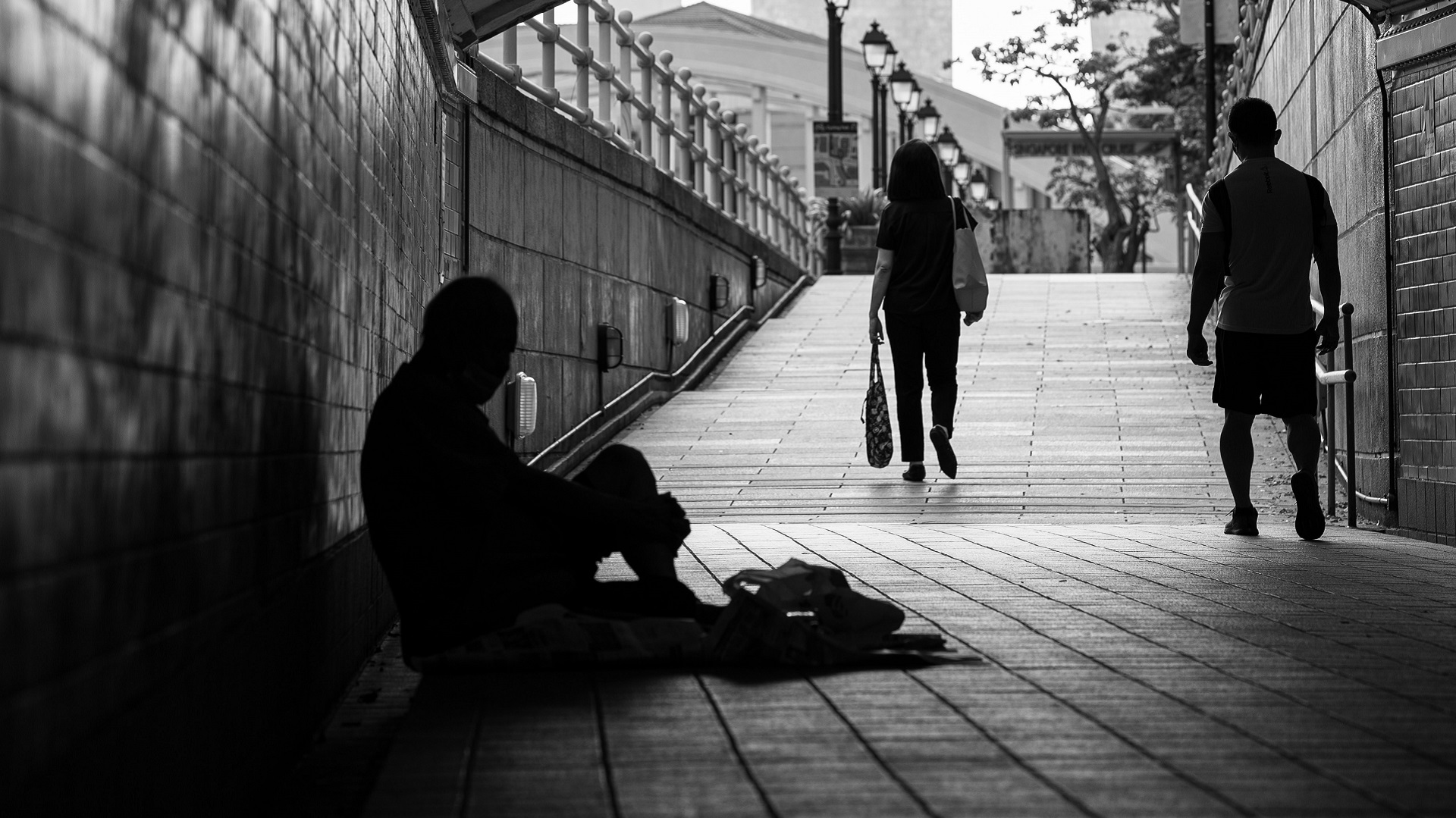But the latest homelessness statistics paint a dire picture.
The Big Issue has launched its End Housing Insecurity Now campaign to keep renters in their homes. Add you voice by signing our petition below:
England’s official rough sleeping snapshot showed more than 3,000 people were estimated to be sleeping rough on a single night last autumn. That’s a 26% increase on the year before, marking the first time the number of rough sleepers has risen since 2017.
At the end of March, 104,510 households were living in temporary accommodation, up 5% in the same period the year before and the highest on record. Some 131,370 children are stuck in precarious temporary accommodation.
Your support changes lives. Find out how you can help us help more people by signing up for a subscription
Ending homelessness for good will require policy follow-through, founder of the Big Issue John Bird urged, not empty words.
Advertising helps fund Big Issue’s mission to end poverty
“We don’t have that kind of push within the government to say we will not allow people to return to the streets,” he said.
“If you leave people on the streets and you don’t have any way of getting them off the streets, then they’re going to stay there. And we unfortunately are going to end up seeing a lot of young people dying who need not have died.”
Earlier this year, campaigners warned the government that it was “going backwards” on its target. In an open letter, more than 30 organisations – including St Mungo’s and the National Housing Federation – urged the government to funnel resources towards the 2024 goal.
“These are not just numbers, but people, let down by systems that should protect them,” the letter urges.
What does the government need to do to end rough sleeping?
During Covid-19, rough sleeping dropped significantly as the government brought in emergency supports to bring people off the streets.
The Kerslake Commission was formed to “learn the lessons” of this response.
Advertising helps fund Big Issue’s mission to end poverty
The report blames surging homelessness on a “lack of capacity” in the system, citing a dire shortage of social rented housing and supported housing.
Building up housing stock is the only way to meaningfully reduce rough sleeping. In the short term, the commission is “urgently calling on the government to increase housing benefit so that it covers local affordable rents”.
Emma Haddad, commission member and chief executive of St Mungo’s homeless charity, urged the government to adopt the commission’s conclusions.
“We made so much progress on rough sleeping during the pandemic, which clearly demonstrated what can be done when we work together with a shared purpose and dedicated funding,” she said.
“It’s time we applied the same energy to stop this homelessness and rough sleeping crisis spiralling further.
A spokesman for the government insisted it is “focused on ending rough sleeping for good”, highlighting a £2 billion spend “to tackle homelessness and rough sleeping in the areas that need it most”.
Advertising helps fund Big Issue’s mission to end poverty









